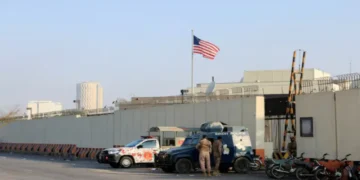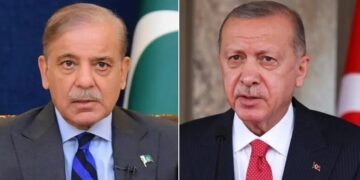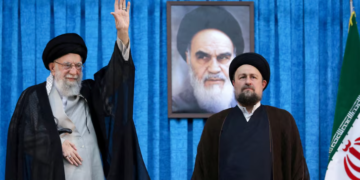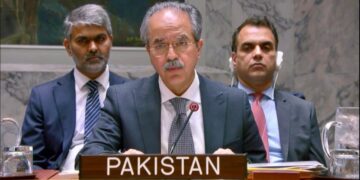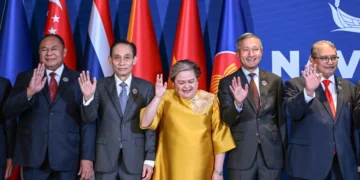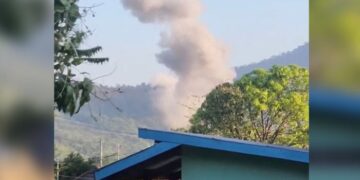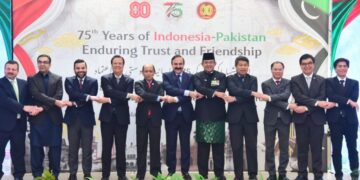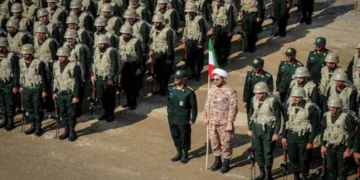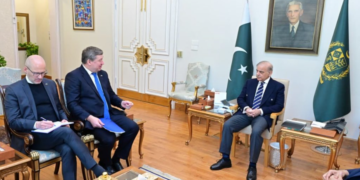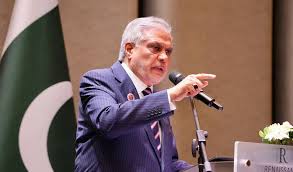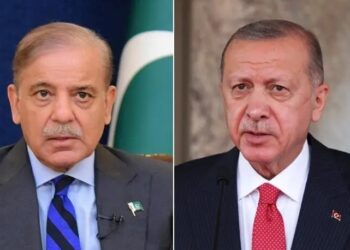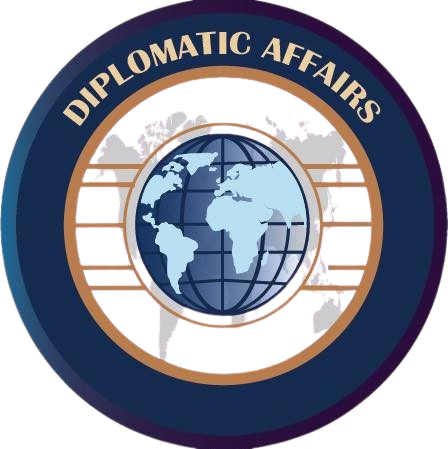ISLAMABAD; The Pakistan military on Saturday issued a strong warning to India, cautioning that any future confrontation could result in “cataclysmic devastation” and vowing a “resolute response without any qualms or restraint” to any aggression.
The statement from the Inter-Services Public Relations (ISPR) followed a series of provocative remarks by senior Indian political and military officials. It stressed that Pakistan would not hesitate to defend itself and respond forcefully if hostilities are triggered again.
“In the face of highly provocative statements by the Indian defence minister and the chiefs of its army and air force, we caution that any future conflict might lead to cataclysmic devastation. In such an event, Pakistan shall not hold back. We will respond resolutely, without any qualms or restraint,” the ISPR statement said.
The warning came after Indian Army Chief General Upendra Dwivedi, in comments reported by NDTV, threatened Pakistan to end what he called “state-sponsored terrorism” or face being “wiped off the map.” He added that Indian forces “would not show any restraint this time,” suggesting possible military action.
Similarly, Indian Air Force Chief Amar Preet Singh claimed — without providing evidence — that India had shot down five Pakistani F-16 and JF-17 fighter jets during the intense four-day conflict between the two nuclear-armed neighbours in May. Earlier this week, Indian Defence Minister Rajnath Singh also delivered a combative speech, boasting of India’s military strength and its ability to “defeat any challenge.”
Responding to these statements, ISPR said Pakistan would “shatter the myth of geographic immunity by striking deep into Indian territory” if provoked. It warned that any talk of erasing Pakistan from the map would invite a “mutual erasure.”
“Those seeking to establish a new normal must know that Pakistan has also established a new normal of response — swift, decisive, and destructive,” the statement added.
The military asserted that both the nation and its armed forces possess the capability and resolve to take the fight “to every corner of the enemy’s territory” in the face of unwarranted threats.
ISPR expressed grave concern over what it described as “delusional, provocative, and jingoistic statements” from India’s top security leadership. It said such rhetoric appears to be a renewed attempt to fabricate pretexts for aggression, which could have “serious consequences for peace and stability in South Asia.”
“For decades, India has played the victim card while fuelling terrorism and instability in the region,” ISPR stated, adding that India’s narrative has been debunked internationally and that “the world now recognises India as the true face of cross-border terrorism and the epicentre of regional instability.”
The warning comes months after the May conflict — the worst military flare-up between the two rivals in decades — which erupted following an attack on Hindu pilgrims in occupied Kashmir. India blamed Pakistan without evidence, a claim Islamabad rejected as “fabricated.”
During the four-day hostilities, both sides used fighter jets, missiles, artillery, and drones. Pakistan claimed to have downed six Indian aircraft, including a Rafale, while New Delhi acknowledged “some losses” but disputed the number.
In August, Pakistan announced the creation of the Army Rocket Force Command, tasked with developing long-range conventional strike capabilities, including ballistic, cruise, and potentially hypersonic missiles. The formation of this new command reflects lessons learned from the recent conflict and aims to give Pakistan a sharper conventional edge against India.
























